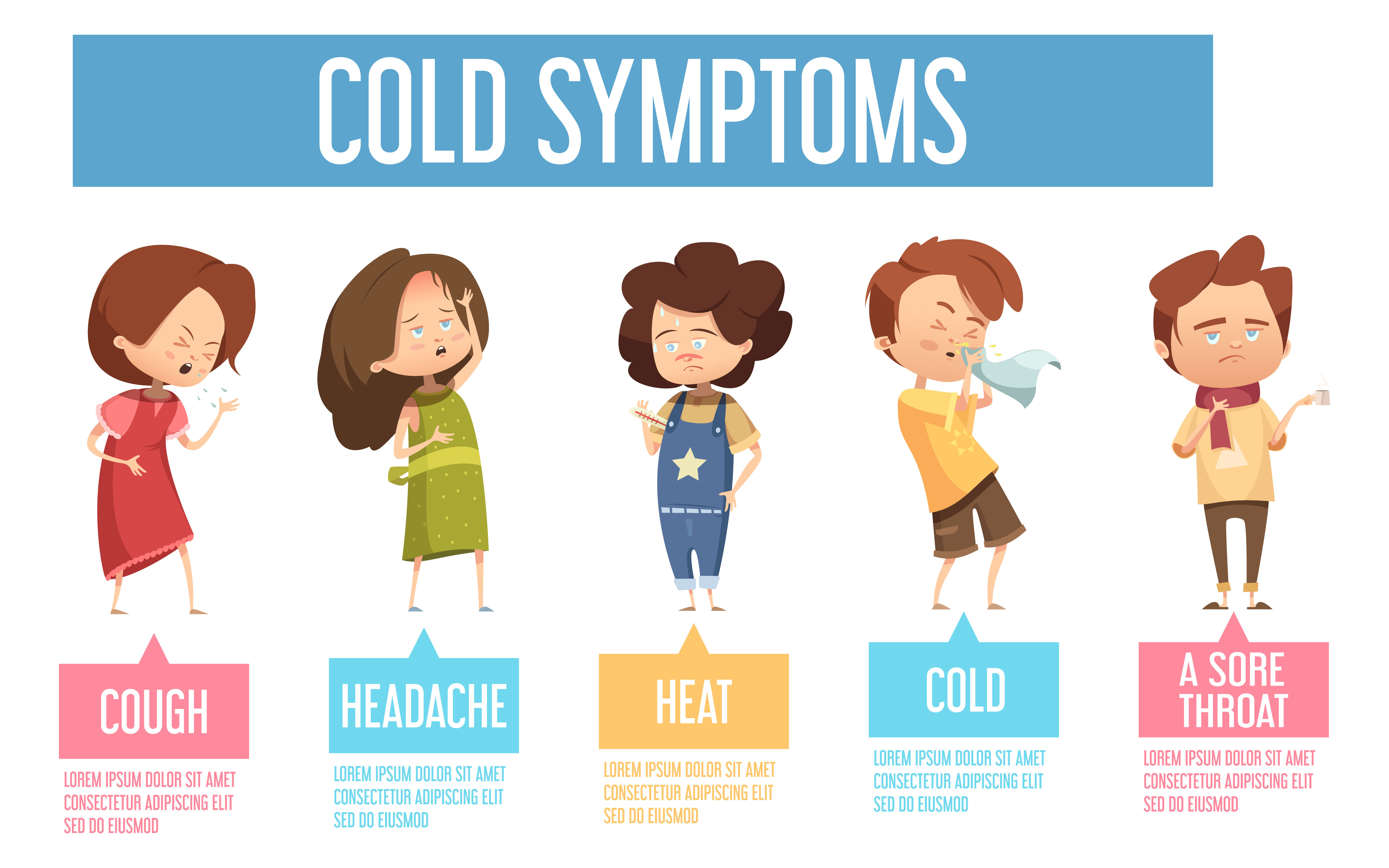
Managing Dry Cough in Children and Infants
Introduction: Dry Cough in Children and Infants
Watching your child or infant struggle with a dry cough can be distressing. Fortunately, there are simple and effective ways to ease their discomfort. Understanding the causes and managing symptoms early can help your child feel better faster.
1. Hydration
Keeping your child well-hydrated is key. Fluids like water, breast milk, or formula can help thin mucus and soothe the throat. Make sure to offer fluids throughout the day, especially if your child isn’t eating much due to their cough.
2. Humidifier Use
A humidifier adds moisture to the air, which can reduce throat irritation and ease coughing. It’s particularly helpful during the winter when indoor air can be dry. Just remember to clean the humidifier regularly to prevent mold and bacteria buildup.
3. Elevate the Head
Elevating your child’s head while they sleep can help reduce postnasal drip and throat irritation. This can be especially helpful at night when coughing tends to worsen. Place a rolled-up towel under the mattress or use extra pillows for comfort.
4. Nasal Saline Drops
If your child has a stuffy nose, nasal saline drops can clear their nasal passages. These drops are safe for infants and can be used as often as needed to ease congestion and reduce coughing. Make sure to use saline drops that are designed for children.
5. Warm Bath
A warm bath can help relax your child and soothe their throat. The steam from the warm water can also clear their nasal passages. Adding a few drops of eucalyptus or lavender essential oils to the bathwater can help clear congestion and promote relaxation.
6. Honey for Older Children
Honey is a natural remedy for children over the age of one. It has soothing properties that can help relieve coughing and soothe the throat. Give your child a teaspoon of honey, or mix it with warm water or herbal tea for added comfort.
7. When to Seek Medical Help
If your child’s dry cough persists for more than a few days or is accompanied by other symptoms such as fever, difficulty breathing, or chest pain, it’s important to consult a doctor. Early intervention is key to ensuring the health and safety of your child.
Conclusion
By incorporating these simple strategies into your child’s daily routine, you can help manage their dry cough effectively and ensure they get the comfort and care they need. However, remember that if the symptoms worsen or persist, seeking medical attention will provide the best course of action for your child’s health.
To seek medical advice, always consult a Doctor. Here are our recommended experts. Click here
To read more on Respiratory disease . Click Here


